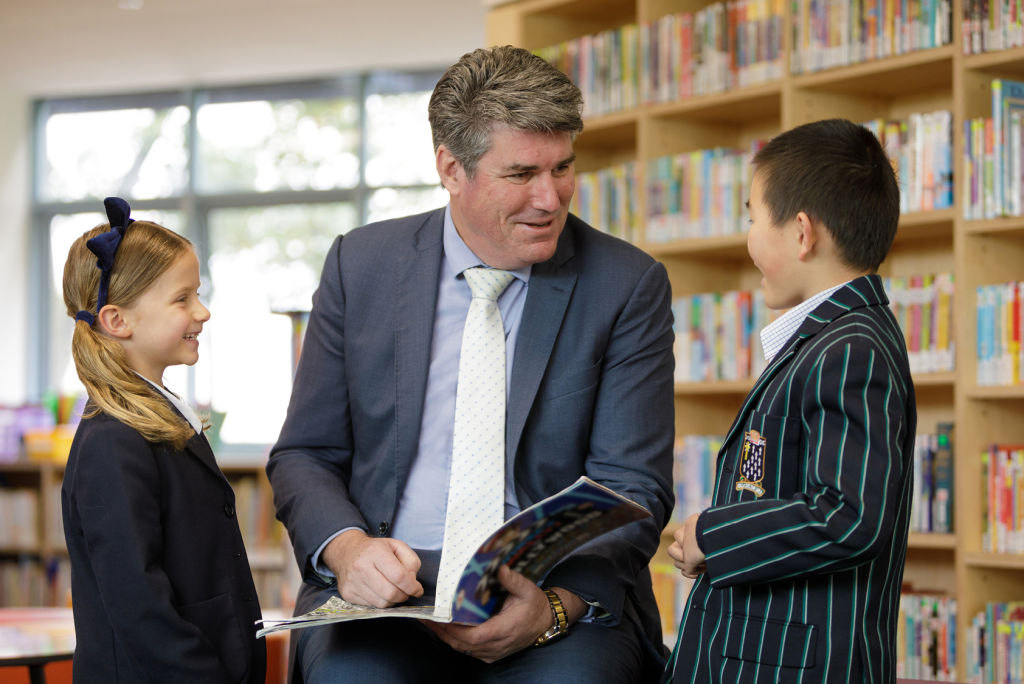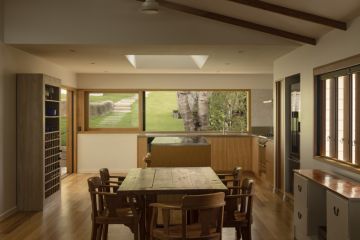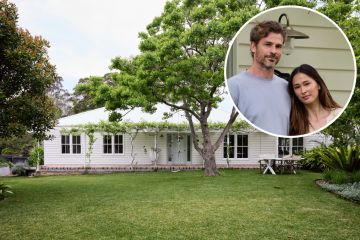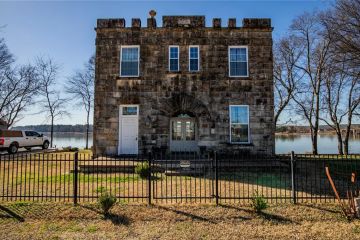Independent Schools Guide 2023: How the International Baccalaureate program fosters lifelong learning

On the first day of his new job as Principal of St Leonard’s College in Brighton East, Peter Clague was greeted by students in Year 4 spilling out of classrooms and into the hallways, preparing for an upcoming exhibition.
“Every nook and cranny in our Junior School was full of children working collaboratively, and with real enthusiasm and passion,” he says. “You could barely move five feet without somebody stopping to tell you, with genuine excitement, what they had learned.”
The students were hard at work preparing for the culminating event in the International Baccalaureate (IB) Primary Years Programme (PYP). All students enrolled in a school that delivers the PYP participate in the exhibition, which gives them a chance to apply what they’ve learnt and share their passion for a topic or issue.
“It’s great because our young people take ownership of their learning,” Clague says. “The children choose a topic of inquiry, guided by the teacher, and then they work towards that exhibition.
“As an educator, that’s the happiest moment – to wander around that evening, listening to these students fronting stalls, telling the adults what they’ve learned, how they’ve learned it and why they thought it was important.”
The IB PYP is an increasingly popular mode of education for students aged three to 12. In keeping with the broader IB philosophy, it is designed
to nurture children as caring, active students, who embrace lifelong learning and a growth mindset.
The junior years are an ideal time for students to develop these skills because it’s an age when children are establishing their learning dispositions and capabilities, says Glen Hayres, Deputy Head of Junior School at Box Hill South’s Kingswood College.
“[We’re] fostering that love of learning, getting students to start thinking critically and ethically, to question things that are happening around them, and giving them the confidence, tools and skills to investigate different things.”
With the world of work transforming and many students looking at the prospect of changing careers many times over the course of their life, fostering a love of lifelong learning has never been so important.
“We definitely need to still teach content and knowledge, but it’s also how we teach students particular skills and dispositions that helps them to really understand the learning process,” Hayres says.
He offers the example of teaching science. Whereas a traditional curriculum might teach this content in a distinct science class, the IB PYP enables students to draw connections between disciplines.
“You could potentially bring mathematics into it, where you’re looking at measuring things and distance,” Hayres says. “You could also bring in reading and writing skills – [students] could be documenting the process they’re going through and the steps they’re taking.
“The kids start to see that there are connections across disciplines, and how they’re interrelated, how you’re drawing upon different skills, knowledge and understanding from disciplines to engage with inquiry.” St Leonard’s offers a unique PYP model in which students take part in the exhibition at the end of Year 4, not Year 6. That’s because the school has a dedicated Years 5 and 6 program that’s taught in a tailor-made centre, distinct from the rest of the Junior School.
“Some people might say, ‘gosh, that’s young to be moving primary students from a homeroom to something akin to a secondary model’,” Clague says.
“But I look at the capacity, resilience and confidence of our fives and sixes, and I’m absolutely convinced that a significant portion of that has come from what the PYP has taught them.”
This article appeared in Domain’s 2023 Independent Schools Guide.
We thought you might like
States
Capital Cities
Capital Cities - Rentals
Popular Areas
Allhomes
More







